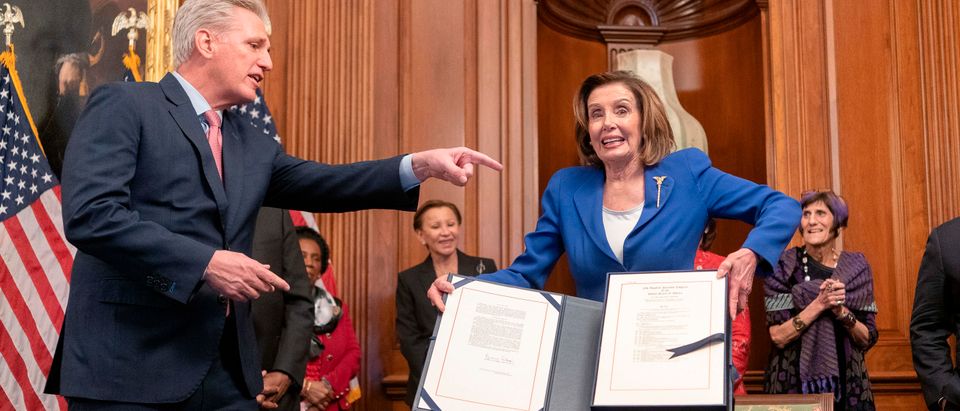Members of Congress are among the more experienced, professional and systematic beggars in the country. Thanks to our system of financing political campaigns, they have become adept at raising money from their constituents, wealthy individuals outside their districts, special interests and, of course, lobbyists.
The fundraising cycle is not just every two years for House members and every six years for Senators: the rhythm is never-ending. According to some estimates, many of these gladhanding panhandlers spend more than 40 percent of their workdays dialing for dollars. Most representatives profess that they dislike fundraising, but if they really meant it, they’d do something about it. They don’t.
Arcane rules supposedly govern where they can dial for dollars (e.g., not in their offices or on government property). Usually (but not always), they decamp to a political party’s Capitol Hill headquarters to ply their trade.
Each major political party’s leaders also issue detailed expectations of the money each member must raise and contribute to so-called Leadership Political Action Committees. This fundraising is on top of fundraising for their own reelection campaigns. Moreover, advancing to leadership positions is often tied to meeting these fundraising quotas.
When the legislative calendar typically includes workweeks shorter than five days, it’s really the case that time is money.
Therefore, it’s somewhat surprising to discover that our congressional leaders would actually bite some of the hands that feed them without explanation or apology.
According to a press statement issued by the National Institute for Lobbying and Ethics, the lobbying profession took a major hit when President Trump signed the CARES Act into law on March 27. Part of this pandemic-driven emergency stimulus legislation provides $350 billion in “Small Business Administration loan opportunities.”
But it turns out there’s a catch: if a small business is a lobbying firm, that business has been excluded by the Small Business Administration from receiving these loans. This exclusion, according to NILE, amounts to an insult carrying serious implications: “SBA’s ban is unconstitutional.”
This means that the legal profession (with its own cadre of small businesses that may be eligible for such loans) will soon ride to the rescue. NILE asks its members to donate funds to underwrite a legal fight or “[i]f your firm is willing to donate to this effort, please give us a call. If you’re an attorney willing to help, please contact us.”
Here’s the real rub, and it’s not really about the Constitution or our Bill of Rights (the First Amendment protects the ability to petition government).
It turns out that the only other small businesses barred by the SBA from receiving such loans are businesses that “present live performances of a prurient sexual nature.”
Who says that Congress doesn’t have a sense of humor during an otherwise dark period in our Republic’s existence? Perhaps an errant staff member slipped in this exclusion during the middle of the night when no one was looking. (This happens a lot.)
Again, it’s obvious that no one in Congress took the time to read this gigantic piece of legislation. If they had, why would they have excluded lobbyists, thereby slighting the individuals that nourish them with political-action-committee contributions? Odds are that there isn’t much legislative history on the crucial distinction between hard-working lobbyists and other live performers whose efforts are “prurient” in nature.
Please don’t misunderstand my sentiments: I wish NILE the very best in resolving this matter however it deems most appropriate. During the years when I fought for campaign finance reform (on the side of Senators John McCain and Russ Feingold), I’d often mention in speeches that I was not attacking or demeaning lobbyists. Quite the opposite. I’m on record as stating that a good lobbyist is like a good litigator: a professional who can organize, hone, and present her client’s positions in the best, concise, most effective light possible.
Since I happen to live with a wonderful lobbyist, perhaps I should end this column right here. But before doing so, maybe it’s worth speculating whether this curious provision will be modified as part of a future “technical corrections” bill or in another stimulus package.
Perhaps some small, boutique law firm will approach the SBA for a loan to underwrite what could be a most unusual, and amusing, lawsuit. We have associations and lobbyists for everything in this country. Why not these live performers? Maybe there’ll be a class action lawsuit joining both of these excluded small businesses. Stranger things have happened.
Charles Kolb served as Deputy Assistant to the President for Domestic Policy from 1990-1992 in the George H.W. Bush White House


